British general on Srebrenica
The Srebrenica Seven trial continued at the Hague with testimony from a former UN commander in Bosnia.
Wednesday, 07.11.2007.
16:24

The Srebrenica Seven trial continued at the Hague with testimony from a former UN commander in Bosnia. Former UNPROFOR commander Rupert Smith continued his evidence at the trial of seven Bosnian Serb military and police officers charged with genocide and other crimes in Srebrenica and Zepa in July 1995. British general on Srebrenica According to him, the situation in the enclaves was "badly assessed". The prevailing view was that Mladic only intended to "narrow the territory" of the protected zone Between early July 1995, when the Bosnian Serb Army (VRS) launched its attack on Srebrenica and late July – when the other UN protected enclave fell –Smith held a number of meetings with the high-ranking military and political leaders of both the Bosnian Federation and Republika Srpska. The British general was on a leave of absence when Srebrenica fell and during the aftermath of the fall. He was recalled from the leave, not because of the attacks on the enclave but in order to meet with the UN Secretary General in Geneva. The purpose of the meeting was to prepare a report on the UNPROFOR activities. According to Smith, who is testifying at the trial of the RS military and police officers charged with the crimes in Srebrenica and Zepa, the situation in the enclave was badly assessed. The meetings with the political and military leadership of both factions followed, including a meeting with Slobodan Milosevic and Ratko Mladic in Belgrade on July 15, 1995. It was organized at the initiative of Carl Bildt, the EU representative for the former Yugoslavia. As Smith recounted, the meeting was the consequence of the situation in Srebrenica and the goal was to find a modus operandi with the Bosnian Serbs. The only result of the meeting: another meeting was scheduled and an agreement was reached to withdraw the Dutch UNPROFOR Battalion from Srebrenica. The news of the crimes committed after the fall of the enclave hadn’t yet reached the UN command in Sarajevo, Smith claims, and his actions were soon focused on the situation in Zepa, taken by the VRS on July 17, 1995. Smith negotiated with Mladic and other VRS General Staff officers, primarily with Tolimir and Gvero. The main topic was taking care of the population and the UN troops deployed in Zepa. The population of Zepa was evacuated in late July but the British general continued to meet with the Bosnian Serb political and military leaders until September 1995. When Karadzic and Mladic were charged with war crimes in July 1995, Smith asked for instructions whether to continue talking to them. He was given the green light. The explanation was that "other people are taking care of that." General Smith ended his evidence on the facts and will continue to testify as a military expert.
British general on Srebrenica
According to him, the situation in the enclaves was "badly assessed". The prevailing view was that Mladić only intended to "narrow the territory" of the protected zoneBetween early July 1995, when the Bosnian Serb Army (VRS) launched its attack on Srebrenica and late July – when the other UN protected enclave fell –Smith held a number of meetings with the high-ranking military and political leaders of both the Bosnian Federation and Republika Srpska.
The British general was on a leave of absence when Srebrenica fell and during the aftermath of the fall. He was recalled from the leave, not because of the attacks on the enclave but in order to meet with the UN Secretary General in Geneva.
The purpose of the meeting was to prepare a report on the UNPROFOR activities. According to Smith, who is testifying at the trial of the RS military and police officers charged with the crimes in Srebrenica and Žepa, the situation in the enclave was badly assessed.
The meetings with the political and military leadership of both factions followed, including a meeting with Slobodan Milošević and Ratko Mladić in Belgrade on July 15, 1995.
It was organized at the initiative of Carl Bildt, the EU representative for the former Yugoslavia. As Smith recounted, the meeting was the consequence of the situation in Srebrenica and the goal was to find a modus operandi with the Bosnian Serbs.
The only result of the meeting: another meeting was scheduled and an agreement was reached to withdraw the Dutch UNPROFOR Battalion from Srebrenica.
The news of the crimes committed after the fall of the enclave hadn’t yet reached the UN command in Sarajevo, Smith claims, and his actions were soon focused on the situation in Žepa, taken by the VRS on July 17, 1995.
Smith negotiated with Mladić and other VRS General Staff officers, primarily with Tolimir and Gvero.
The main topic was taking care of the population and the UN troops deployed in Žepa. The population of Žepa was evacuated in late July but the British general continued to meet with the Bosnian Serb political and military leaders until September 1995.
When Karadžić and Mladić were charged with war crimes in July 1995, Smith asked for instructions whether to continue talking to them. He was given the green light.
The explanation was that "other people are taking care of that."
General Smith ended his evidence on the facts and will continue to testify as a military expert.


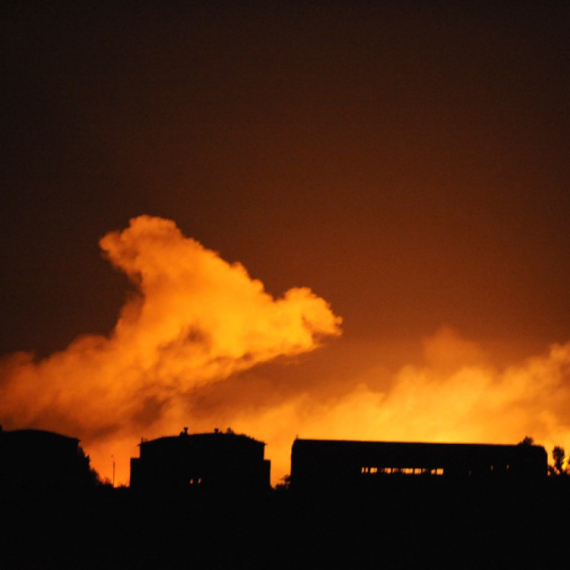

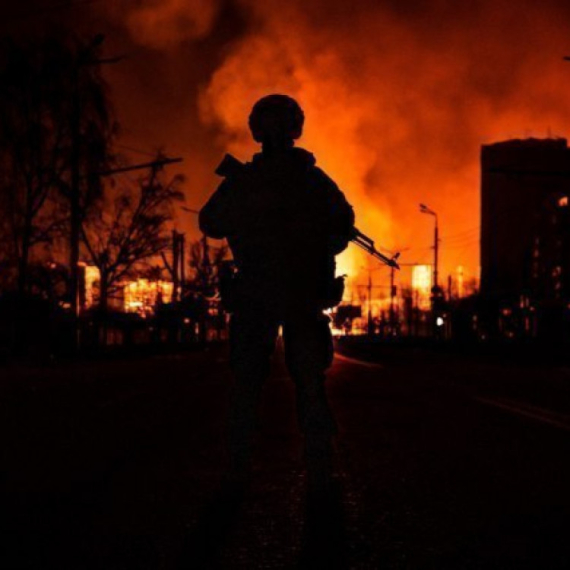
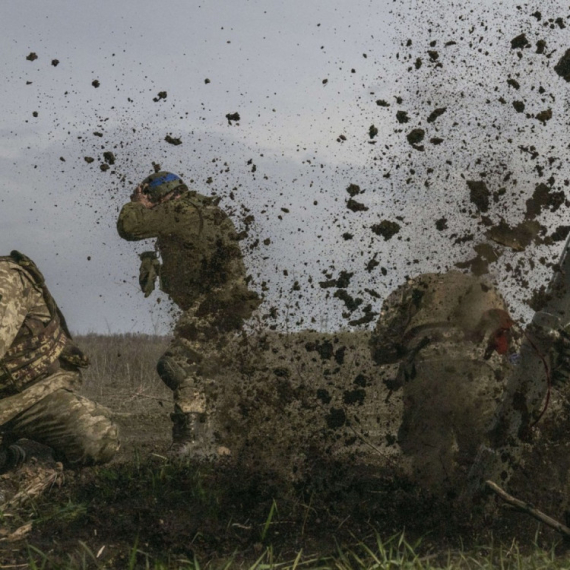
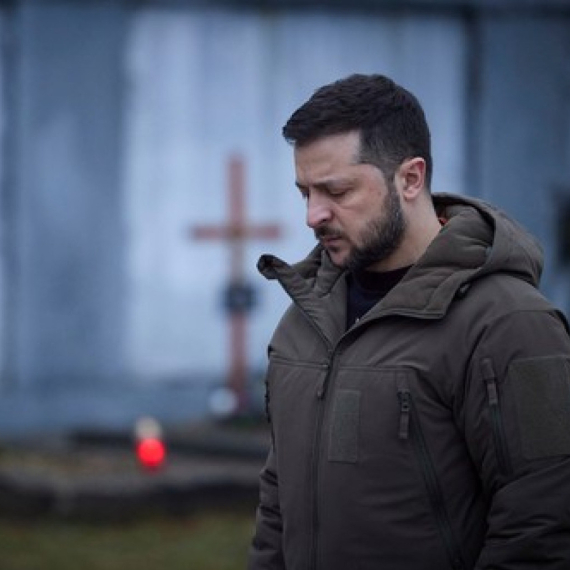




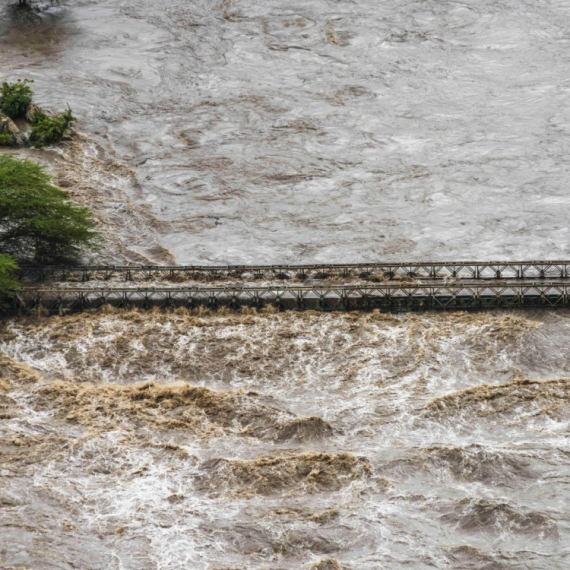



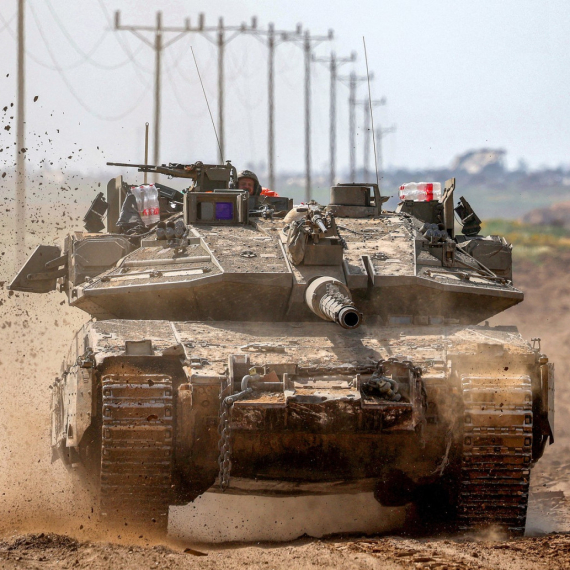
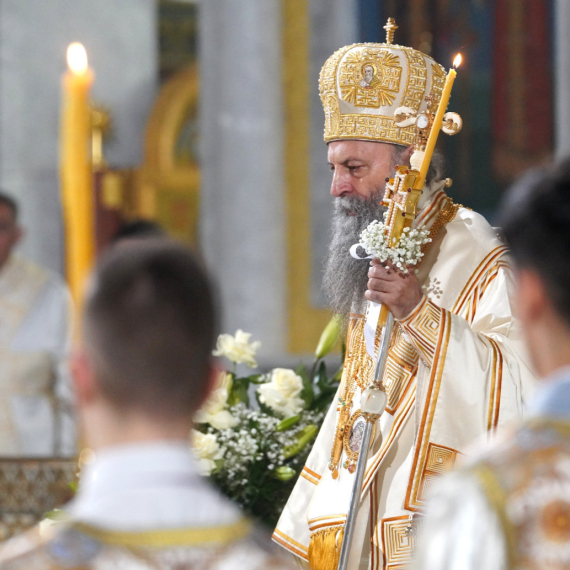
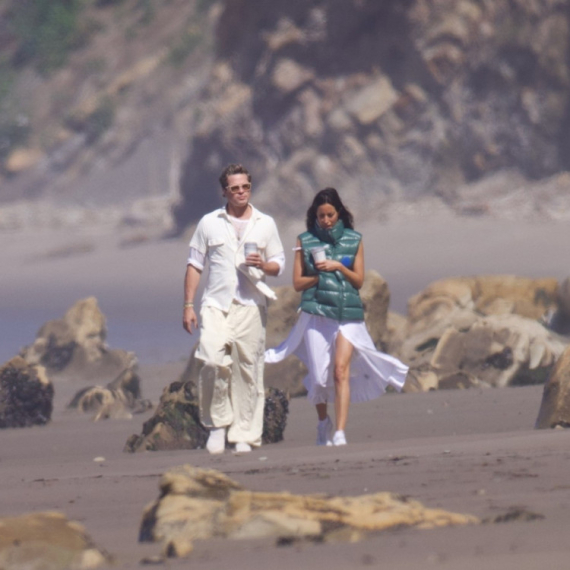
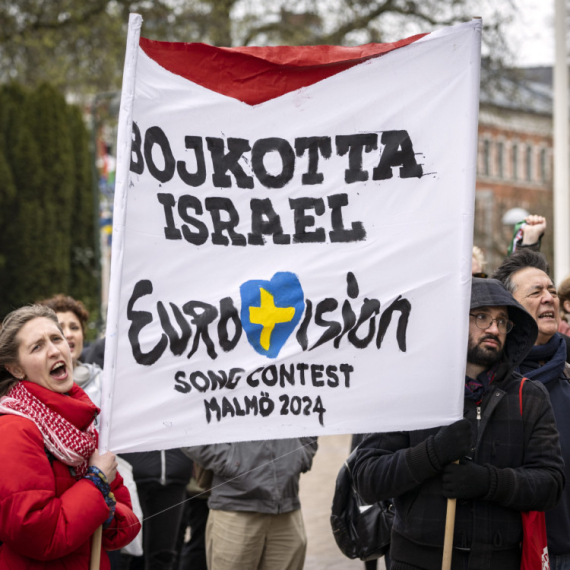
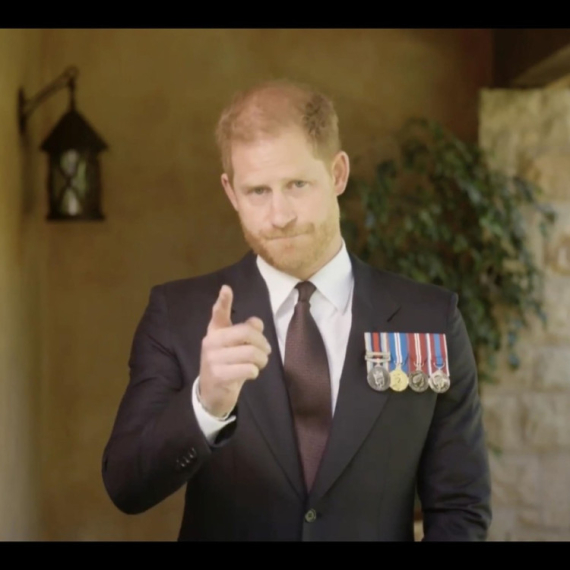
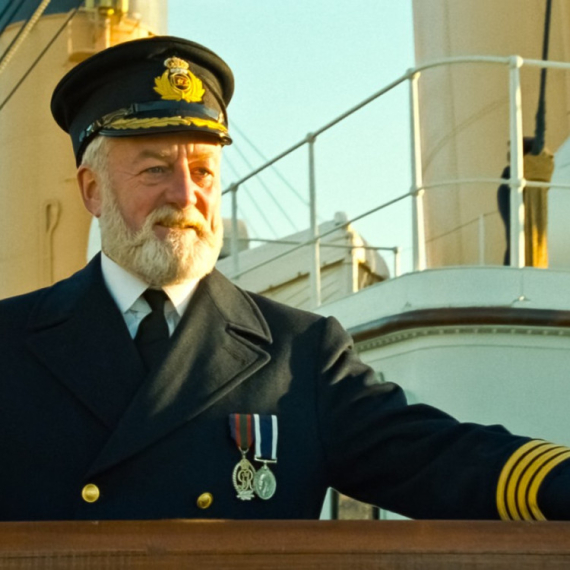






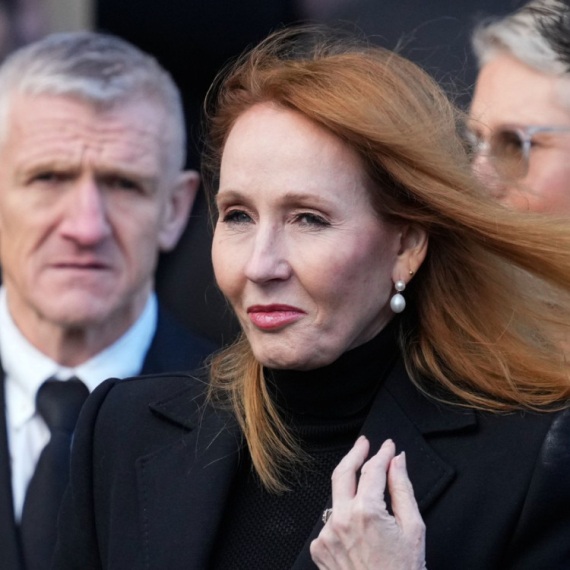


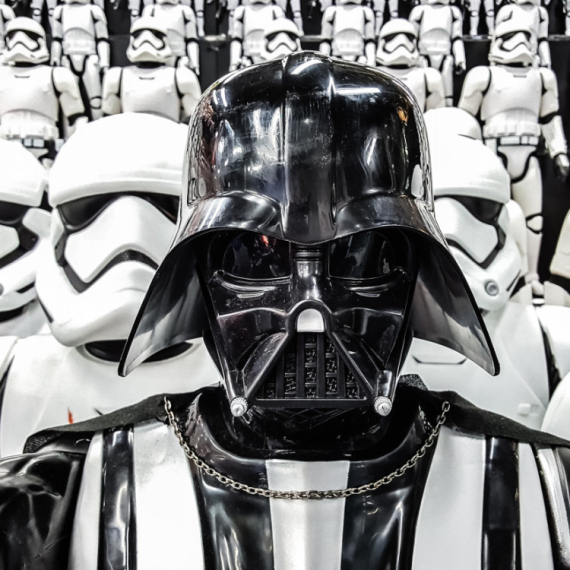







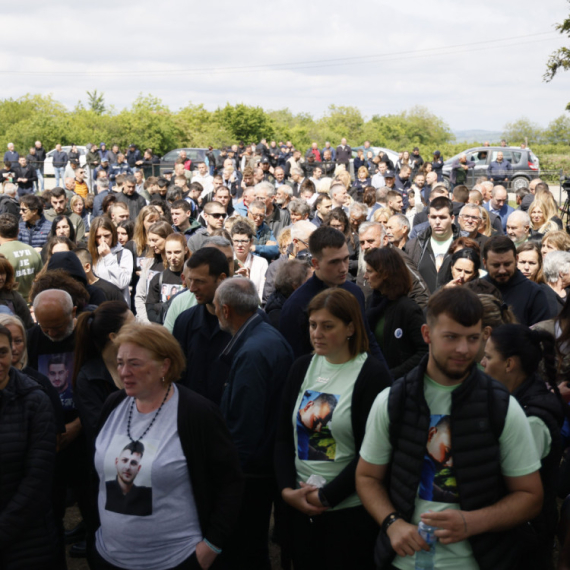
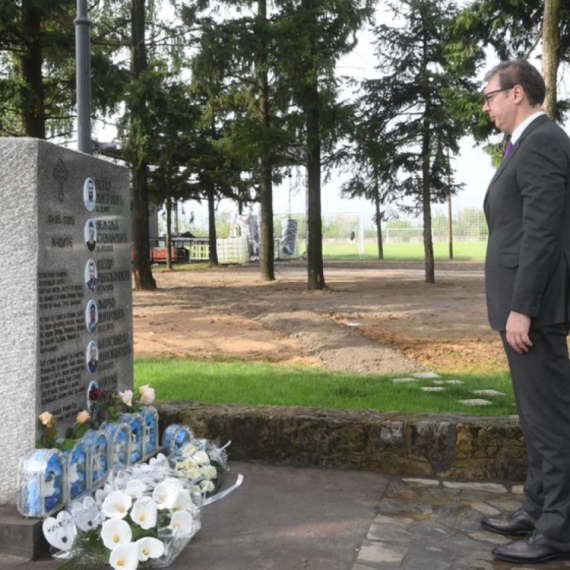
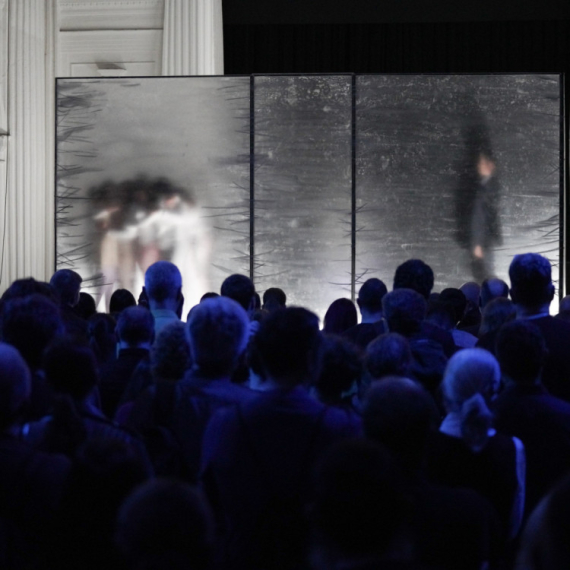
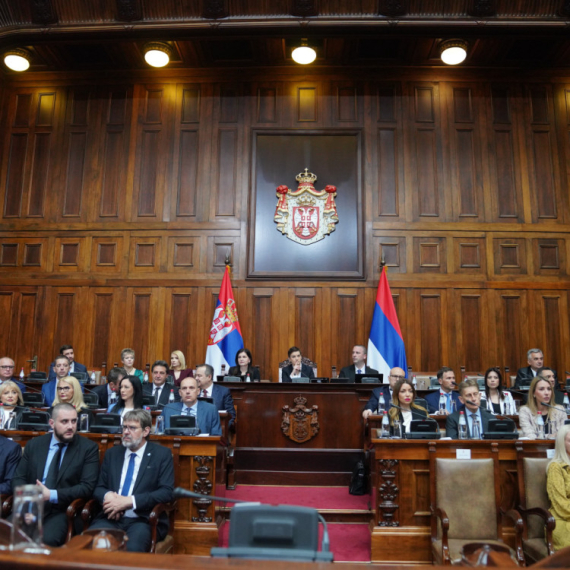
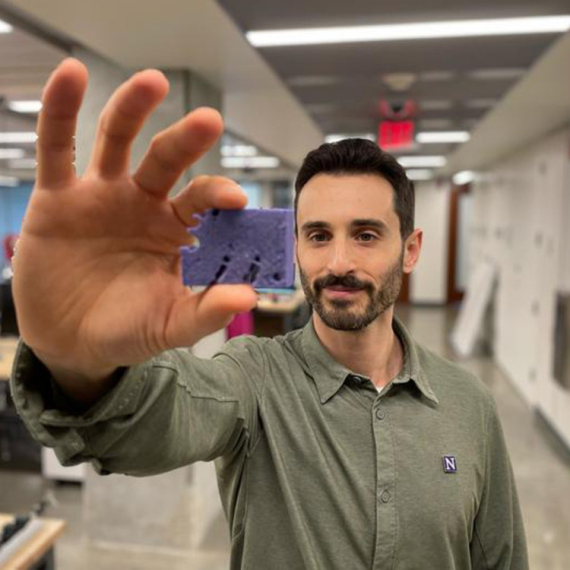








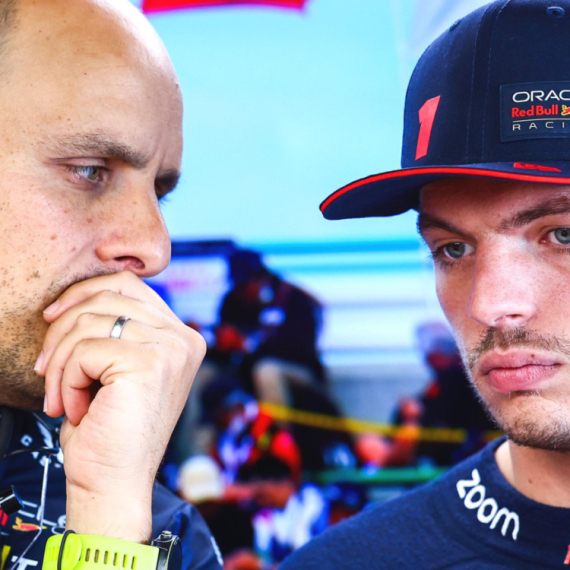
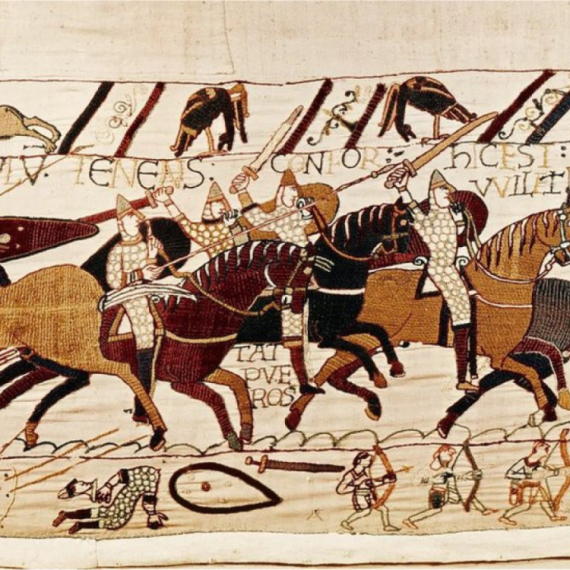
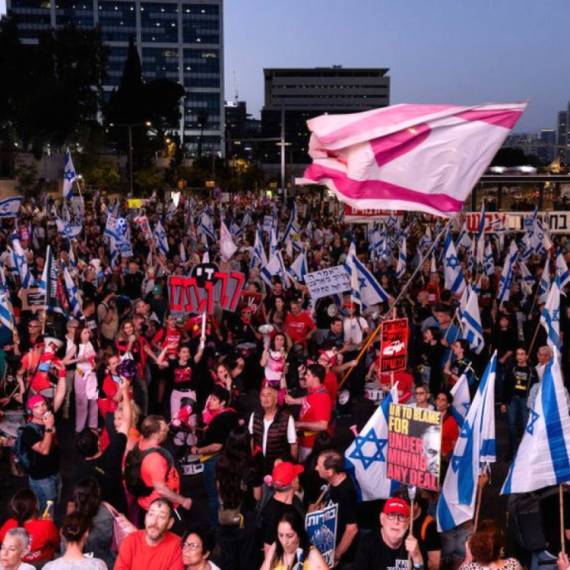
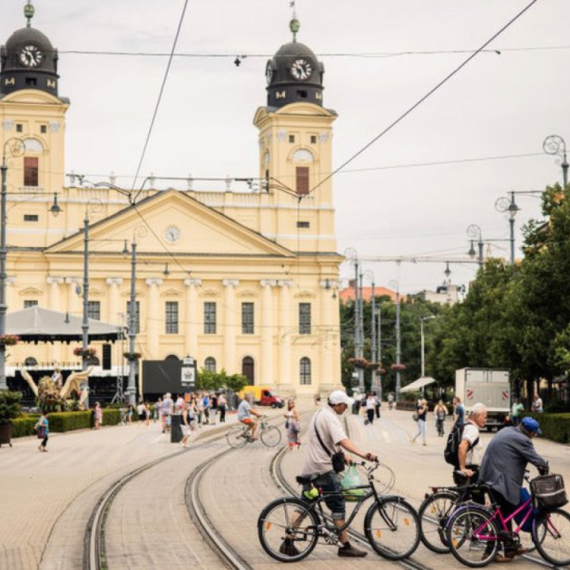
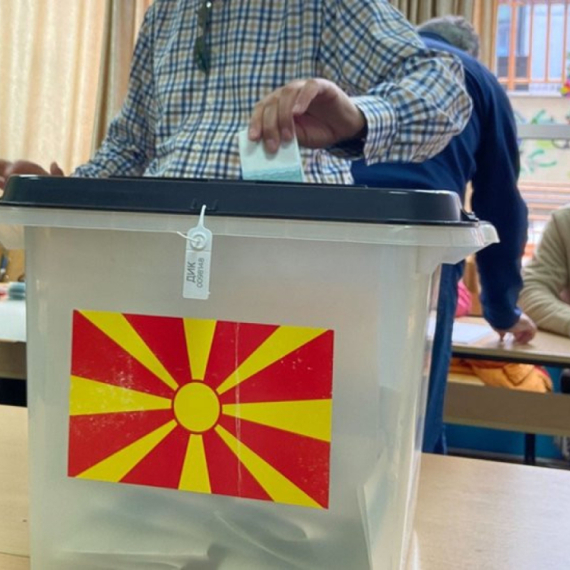

Komentari 7
Pogledaj komentare